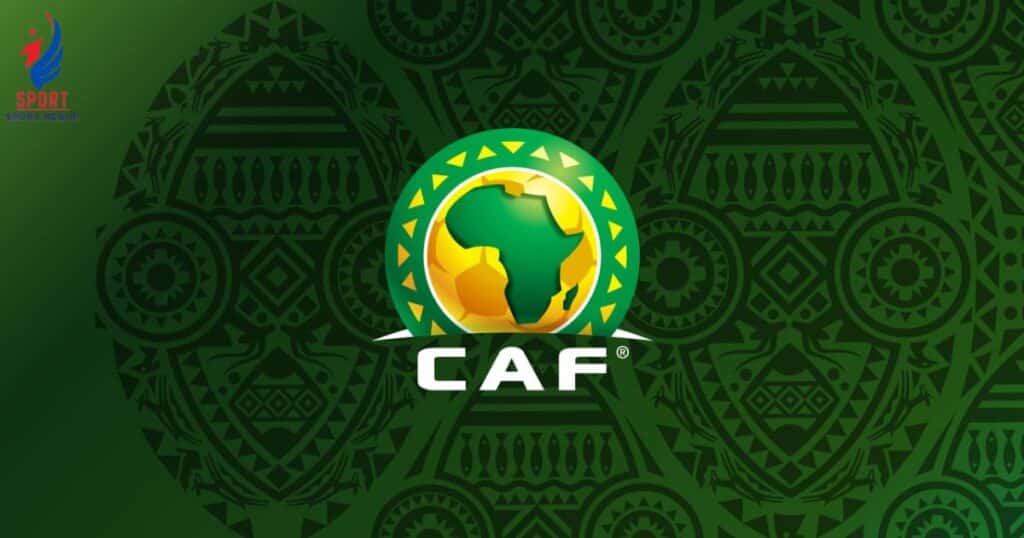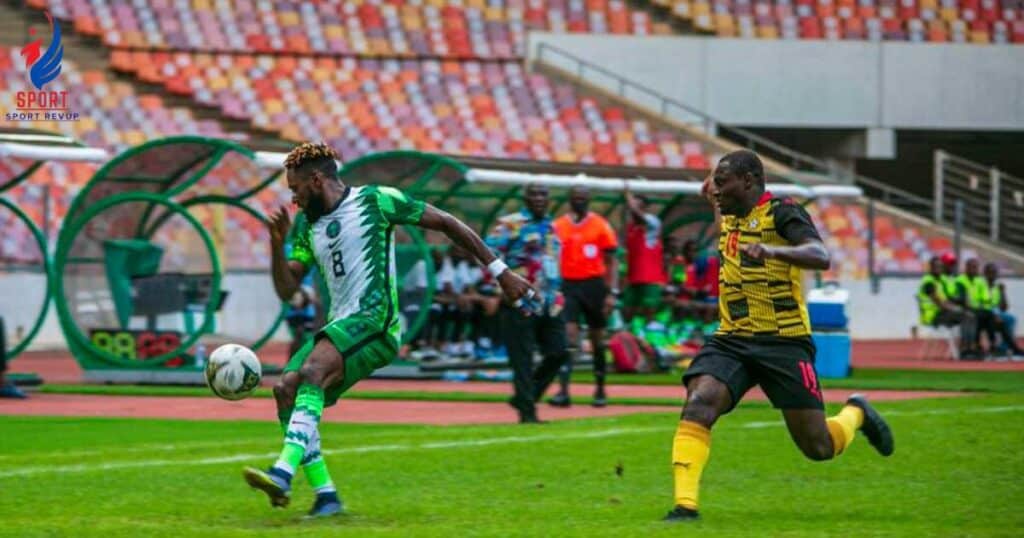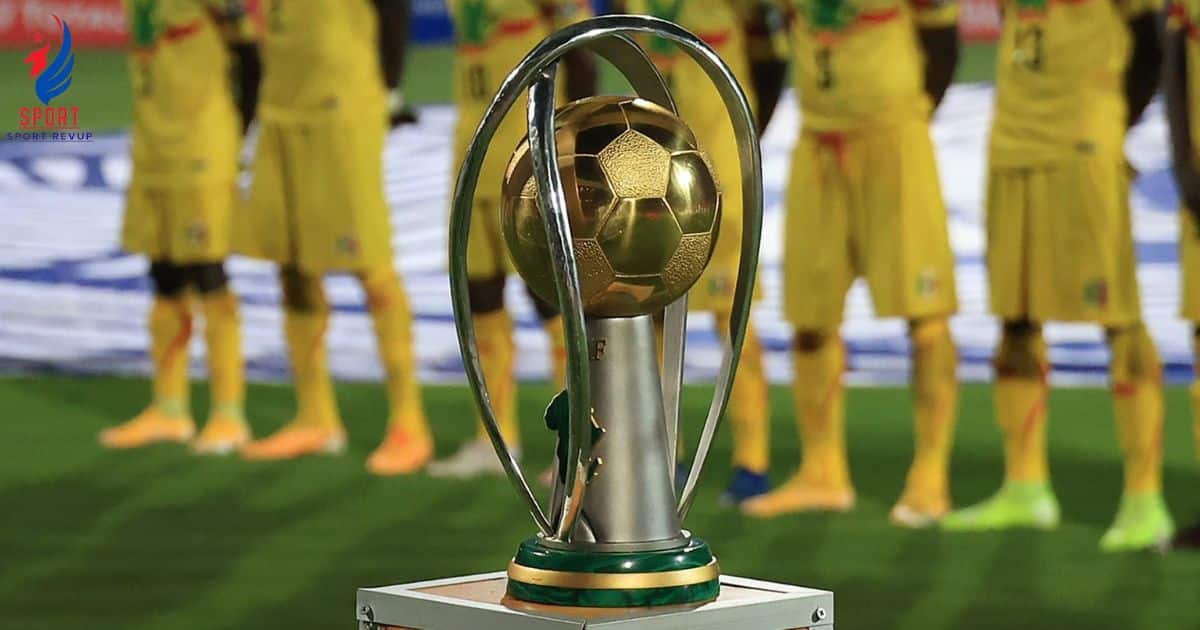Africa boasts some of the most soccer-mad fans across the globe. The continent comes to a virtual standstill when national teams collide in nail-biting showdowns during the marquee biennial Africa Cup of Nations (AFCON) tournaments where the winner earns the right to be crowned supreme continental kings.
However, overshadowed by the prestige and popularity of AFCON, lies another burgeoning international competition tailored exclusively for Africa’s rising football talents striving to make names for themselves on the domestic scene rather than overseas – the African Nations Championship, commonly abbreviated as CHAN.
While casual fans may overlook this fledging competition centered on locally-developed players, CHAN fills a pivotal role in Africa’s football ecosystem – serving as a developmental feeder platform towards the upper echelons.
Let’s explore key differences between AFCON and this under-the-radar tournament to appreciate how both showcase pivotal pillars of African football excellence.
When Was CHAN Founded?
The first edition of the biennial African Nations Championship kicked off in 2009 in Ivory Coast, organized by the Confederation of African Football (CAF) as a developmental international tournament exclusive to players registered in their domestic leagues rather than overseas clubs.
In contrast, Africa’s showpiece international football event – the Africa Cup of Nations (AFCON) – boasts a far longer pedigree having been inaugurated over 50 years prior in 1957 with just three participating nations.
Over six decades later, AFCON now features 24 national teams and has cemented its status as Africa’s premier continental football championship.
Meanwhile, the upstart CHAN event is still evolving. From the inaugural 16 team foray, participation has now expanded to 18-20 nations fulfilling CHAN’s mission of casting a wider net to avid footballers plying their trade in local African leagues.
AFCON vs CHAN

There are several pronounced differences between the two CAF-endorsed international men’s football tournaments:
Participants & Team Selection
- AFCON fields senior national teams featuring fully professional players drawn from globally renowned clubs, leagues and championships far beyond Africa. Players based overseas in European leagues as well as the English Premier League are common picks.
- CHAN exclusively showcases rising talents playing club football in their local African domestic leagues rather than overseas. To be eligible, players must not have previous experience appearing for the senior national team either. This focusing on homegrown talent rather than globally established stars is a pillar of CHAN.
Global Profile & Scope
- AFCON is Africa’s elite international football event broadcast globally. The 24 participating teams represent the highest ranked nations determined through a competitive qualification process, ensuring the continent’s top sides earn their place at the pinnacle event to battle for the hallowed title of African champions.
- CHAN plays a developmental role for African football. The biennial tournament initially featured 16 teams, now expanded to 18-20 teams as more countries get opportunities to provide exposure for their locally groomed footballers aspiring to break onto bigger stages.
Prize Money & Incentives
- The victor in the grand finale of the AFCON tournament takes home a gleaming trophy, blistering bragging rights as kings of African football and a handsome financial reward to the tune of $5 million in prize money. The AFCON winner also books a ticket to represent Africa at the FIFA Confederations Cup tournament against other continental champions.
- For locally-based players, the CHAN trophy also delivers indelible glory. But the prize money is far more modest at $1.25 million to the winning team. Unlike AFCON champions who qualify for the Confederations Cup, there is no additional tournament for CHAN winners to showcase their skills. The incentive is focused on developing talent rather than chasing global acclaim.
Quick Comparison:
| Tournament | AFCON | CHAN |
| Founded | 1957 | 2009 |
| Participating Teams | 24 senior national teams | 18-20 national teams |
| Player Eligibility | No restrictions, overseas stars prevalent | Only domestic league players without national team experience |
| Prize Money for Winner | $5 million | $1.25 million |
| Global TV Audience | Broadcast internationally | Lower profile outside Africa |
| Additional Opportunities for Winner | Qualifies for FIFA Confederations Cup | None |
While CHAN winners don’t receive the same level of financially tangible rewards or opportunities to shine globally, the rising talents playing club football back home still cherish the chance to represent their nations and develop their skills. Let’s look closer at CHAN tournament incentives…
What is the CHAN Prize Money Breakdown?
The disparity between the AFCON cash bounty for the victor ($5 million) against the current CHAN winner’s prize kitty ($1.25 million) clearly underscores the prestige tilt towards Africa’s elite event showcasing established talent playing overseas rather than developmental domestic leagues.
- The CHAN prize money breakdown awards the triumphant team $1.25 million collectively. The losing finalist gets $750,000 as a consolation prize. The losing semi-finalists each receive $400,000 for their efforts.
- In comparison, for the expanded 24-team AFCON field, the total prize money purse tallies $15.35 million distributed among participants from the group stages onwards based on performance.
- Teams eliminated during the group stage get $900,000.
- The quarter-finalists receive $1.175 million. Losing semi-finalists collect $2.2 million.
- The AFCON runner-up bags $2.75 million on top of the $5 million grand prize reserved for the newly crowned kings of the continent.
For locally playing footballers, the CHAN winners collectively taking home their share of $1.25 million is still a substantial windfall delivering life-changing sums of money that far eclipse typical wages back home.
CHAN participation symbolizes a stepping stone to bigger ventures. Even for losing sides, the healthy finances boost domestic leagues.
How Many Teams Qualify for CHAN?

Qualification opportunities for CHAN have progressively expanded over 13 years from just 16 participating teams at the 2009 maiden edition to 18 sides for the 2022 games.
The upcoming 2023 tournament will comprise 20 national teams determined through adjusted criteria to give more African countries chances to showcase overlooked homegrown talents rather than overseas stars.
CAF utilized regional zones, rankings and groups comprising 46 member nations during 2022 CHAN qualifiers culminating in the following teams earning spots for international exposure:
Central Zone: Cameroon (hosts), DR Congo
Northern Zone: Libya, Tunisia
Southern Zone: Angola, Mozambique
Western A Zone: Senegal, Cote d’Ivoire
Western B Zone: Burkina Faso, Niger
For prestige and exposure, no qualifying is required for the host nation while one additional team is granted special entry via a pre-tournament playoff slot.
In comparison, Africa’s showpiece biennial football fiesta AFCON attracts 24 sides determined through five zones.
Perennial powerhouses like Egypt, Tunisia, Nigeria, Cameroon, Ghana, and Senegal consistently dominate qualification groups en route to the big stage.
What is CHAN’s Relationship With FIFA?
Contrary to floating assumptions that locally-based international football might be overlooked globally, domestic African talents are getting their chance to shine under spotlights through CHAN thanks to endorsement from the world governing body, the Fédération Internationale de Football Association (FIFA).
The directive for the Confederation of African Football to oversee a competitive environment tailored exclusively for players registered in local leagues rather than overseas came directly from FIFA bigwigs as part of a shared ambition to stimulate grassroots growth across African football.
So while casual fans may not put the fledging CHAN tournament on par with Africa’s elite international spectacle AFCON, both events hold invaluable positions in Africa’s football ecosystem.
One offers a developmental springboard for rising talents while the other serves as the crowning platform for supreme glory.
Frequently Asked Questions
Is AFCON the same tournament as organized by CAF?
- CAF stands for the Confederation of African Football – the administrative body governing soccer across Africa under the umbrella of FIFA. CAF organizes all Africa’s major international football tournaments.
- AFCON refers specifically to the Africa Cup of Nations – the premier international men’s football event in Africa contested every two years by the top 24 national teams.
What does the abbreviation CHAN represent?
- CHAN stands for the African Nations Championship (also referred to as the African Championship of Nations). This fledging biennial FIFA-endorsed tournament launched in 2009 caters exclusively to players active in their domestic leagues to boost homegrown talent.
What does AFCON refer to & how many teams qualify?
AFCON represents the Africa Cup of Nations tournament. The competition began in 1957 with only 3 nations but has now

I founded the sports news website SportRevUp in 2022 to deliver breaking news and in-depth analysis on major leagues like the NFL, NBA, and MLB.
With years of experience reporting on professional sports, I created an ad-free platform for engaging coverage and discussion as editor-in-chief overseeing all content strategy.
I continues developing SportRevUp to provide sports fans the news and discussion they crave about favorite teams and athletes.








